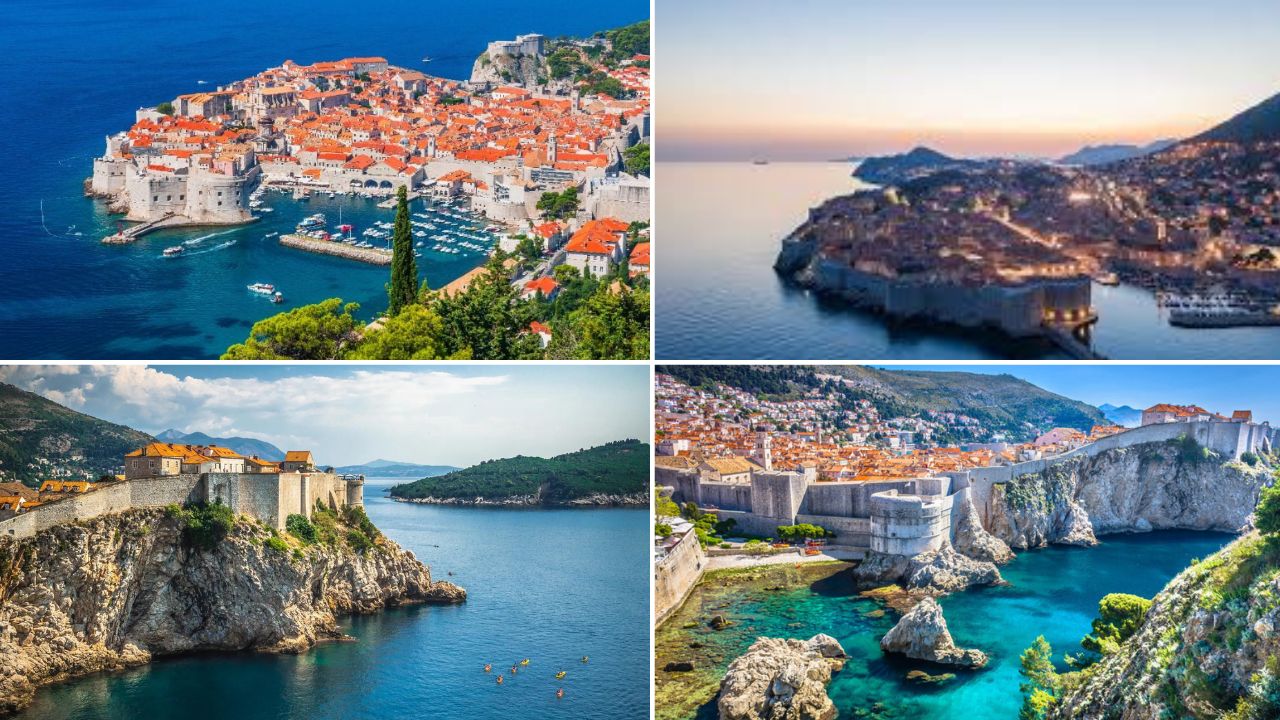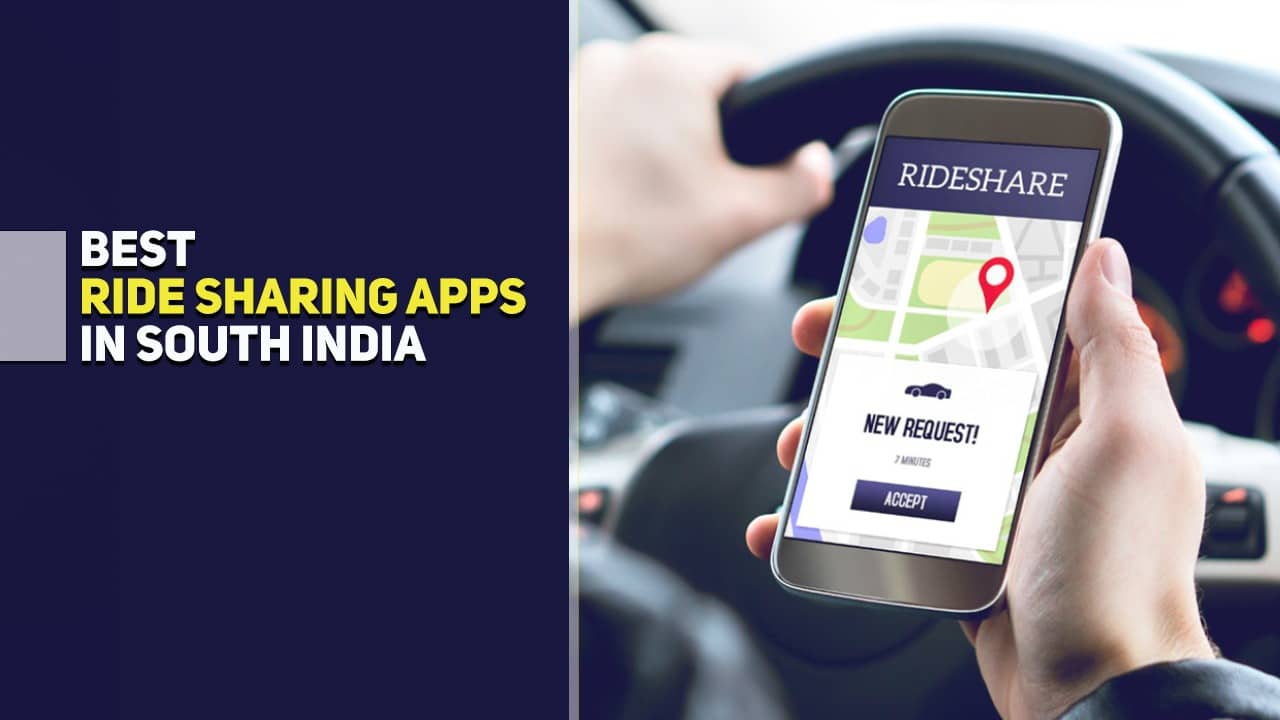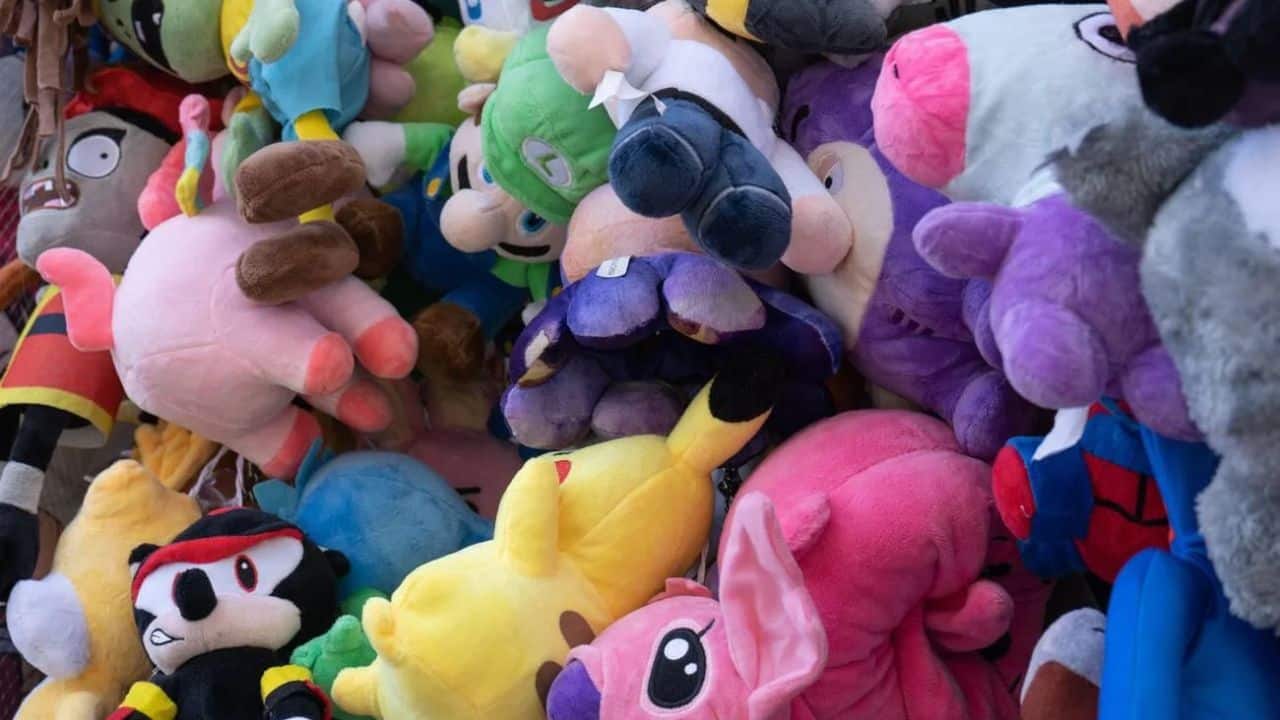Listen to the Podcast:
Breaking drastically with the work routine and enjoying the holidays requires a good dose of attitude so that it fulfils its main function: resting the body and mind. Next, we propose the definitive guide to learning to rest on vacation in ten steps. We deserve these vacations more than ever.
You’ve had a crazy week, running from here to there, glued to the phone, finishing the last bits of work so that everything is ready before you leave. You turn off and lower the lid of the laptop. Finally, the holidays are here. And now what?
Read More: How to Rest Your Mind?
Breaking drastically with the work routine and enjoying the holidays requires a good dose of attitude so that it fulfils its main function: resting the body and mind. Next, we propose the definitive guide to learning to rest on vacation in ten steps. We deserve these vacations more than ever.
The Brain Needs a Break
We could say that the brain needs to rest, but, strictly speaking, the brain never rests, even when we sleep, meditate, or “blank our minds“: neurotransmitters never stop receiving and transmitting information, but they are capable of “turning off” and “turning on” certain areas of the brain as needed and depending on the activity in which we participate.
And that’s the break our brain needs on vacation: turning off some overused areas to turn on others less used in our usual routine so that our brain is at full capacity again when the break is over.
When Marcus Raichle of the Washington University of Saint Louis in the United States discovered that the human brain permanently requires 20% of all the energy produced by the body, it was shown that the brain is a relentless consumer of energy, essential for its proper functioning.
Read Also: Tips to Prepare for Hunting Season
Raichle also discovered that a particular set of scattered brain regions that turned on and off coordinated based on activity—or lack of activity—fired when people rested.
This mysterious cerebral circuit was called DMN—RND in Spanish (Default Neural Network)—and it is the axis of an investigation from the University of Southern California that concludes that the brain takes advantage of our moments of rest to affirm mental processes that revolve around our own identity, memory, and understanding of human behaviour and its moral connotations.
This is how, sometimes, problems seem to resolve themselves on vacation or when we rest. Our brain is capable of dealing with situations in the “background” to synthesize dilemmas and dilemmas that in normal situations we may not be able to face: looking and feeling how, for example, the water descends through a stream can solve our biggest problem.
Also Read: Top Destinations for Birding Around the World
So the next time you feel guilty about resting and not being productive, remember that the brain is always active but needs the break of the holidays to stimulate its functioning.
Avoid Ruminative Thoughts
The biggest danger of the holidays is not putting work aside, literally and metaphorically. That’s why we put so much effort into “closing everything” before we leave, for fear that a pending fringe will become our ruminating thought of the holidays. We can spend a week on the beach thinking about a trifle as long as we don’t disconnect.
And the same can be said of those other personal issues that we don’t let rest on vacation either. Sometimes, with more free time, these problems emerge with greater virulence on vacation. Sometimes, with more free time, these problems emerge with greater virulence. How can you prevent one of those ruminating thoughts from ruining your vacation? Play, take a forest bath, concentrate on your hobbies, or discover new experiences—whatever it takes to avoid focusing on a problem and not giving our brain a break.
Get Organized
A minimum of organization to take advantage of the holidays is essential. We would like, by magic, for everything to be ready to be enjoyed when the holidays start, but that is not possible. So it’s time to plan, even if we don’t have time or enthusiasm, while finalising the job’s last fringes. But be careful, don’t turn the rest into a new job: between pure improvisation and Vacation, there is a middle ground.
Learn to do Nothing
We do not want to be heavy with this topic again. But if you can’t stay still for 15 minutes in a room without doing anything—not even looking at your cell phone—you have a problem. And it’s not a joke.
The dangerous anxiety to find performance in all the acts of life is causing people to be unable to rest, to “live for the pleasure of being alive and nothing else.” So sit back and relax. Your mind needs it.
Find Happiness
Holidays also give us free time for reflection, which is more abstract than routine. And perhaps, then, in “reflection, happiness will become the centre of it. And ask yourself: “Am I really happy?” And if I am not, how do I look for happiness?
Know More: How to Get Ready for your Next Vacation?
The holidays are a good time to find, to glimpse happiness, not to look for it because happiness is not sought. It is found. Like inspiration or ideas, happiness appears when you look in another direction. Just as inspiration caught Picasso working, may happiness catch your life. And what better to live than vacations?
Delegate
Not all jobs are the same; not all jobs revolve around a computer, an office, and a work team. You must learn to delegate wherever you work, trusting your colleagues, bosses, and/or employees. Remember that no one is essential, and the world will not collapse because you are not present at your job for a few days.
Disconnect
Learning to disconnect is an unavoidable condition for learning to rest. Because without disconnection, we run the risk of suffering from the so-called “burnout syndrome” or “exhausted worker.” Different studies warn about exhaustion among students and professionals, particularly in the health sector.
A survey of resident doctors in Ireland showed that 64% of those who experienced symptoms of burnout reported having made a medical error, compared to 22% of those who did not experience burnout.
Although it is clear that health professionals work in a very delicate sector—as we have seen throughout the pandemic—it illustrates the importance of disconnection during vacation rest and improving performance by returning to work.
Digitize Yourself
Although all the experts agree on disconnecting digitally on vacation, perhaps we should start by rethinking the relationship we maintain with the digital environment—with screens, the internet, and social networks—even when it’s not a vacation.
If we do something wrong the rest of the year, why will we stop doing it on vacation? It is as if we told a child they should reduce their screen exposure to only one month a year. Better all year, right? Although we will try to see the glass half full, if we manage to disconnect from the noise and the overload of digital information during our break, we may be able to disconnect for the rest of the year. Everything is beginning.
Discover
Relaxation on vacation shouldn’t just consist of doing nothing, however tempting that may be. Another perfect way to give our brain a break is to discover new experiences: from learning to play the guitar to parachuting, from travelling to incredible places to starting a novel. You can even start walking, just for the sake of walking. Did you know that walking stimulates creative thinking?
Whatever you choose doesn’t matter as long as it seduces you. The point is also to take advantage of the holidays to discover yourself in a new context—get out of your comfort zone.
Read
We can’t think of a better way to take an active break on vacation than to read, especially if you’re not a big fan of reading for the rest of the year. You will not be the first or the second person to devour a book on the beach as if they had learned to read during that vacation.
Reading, especially fiction, is the ideal energy that puts our neurotransmitters to work, the perfect means to affirm those mental processes that the brain needs to take a break from routine anxiety. So, you know, don’t forget to pack a book. Your brain will thank you when you get back from vacation.






































